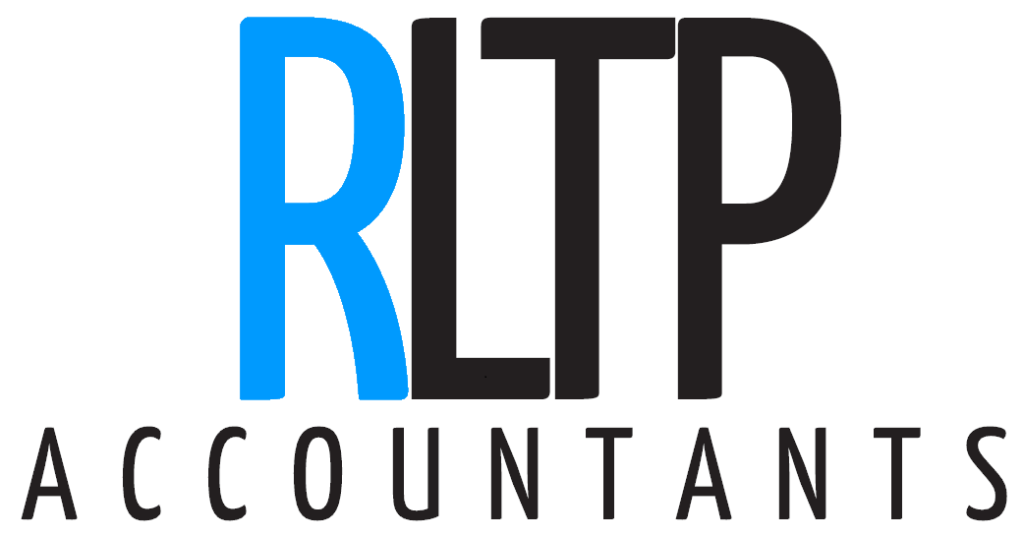Self-assessment is a process HMRC uses to collect income tax. Tax is usually deducted automatically from wages, pensions and savings, but individuals and businesses earning other incomes must report them in a self-assessment tax return. Failure to do so before the deadline will receive a minimum £100 penalty.
You are required, by law, to complete a self-assessment tax return if you gain income from any of the following:
You do not need to complete a return if your only income comes from wages or pensions. The only exception being if your income is above £100,000. To complete a self-assessment, accurate records, bank statements and receipts will need to be kept throughout the year. RLTP Accountants will be pleased to help you set up your bookkeeping correctly to ensure an easy tax return process.
Sole traders have plenty on their plate without having to sit down and figure out their tax and finances. RLTP provide accountancy services for sole trader and partnership businesses in Derby to help them focus on what they do best.
We will complete the accounts on your behalf and calculate any tax due, then transfer the figures to a self-assessment tax return for submission to HM Revenue & Customs.
HMRC will calculate the amount of tax you owe based on your report. How much you pay will depend on the income tax band you’re in. There are different ways to register and send a tax return based on whether you are or are not self-employed or a sole trader, or if you are registering as a partner.
RLTP Accountants provides a full service for self-assessment in Derby, Leicester, Nottingham and throughout the UK to help guide you through the correct procedures. If you are a sole trader or partnership (a nominated partner will keep business records), then you are required to keep an accurate record of all the income and expenses of the business, as well as any personal income.
If you are a limited company, then the account records are more in-depth. In addition to recording all income and expenses, you must also keep a record of any debts owed to or by the company, goods bought and sold and details of stock, to name a few. If you’d like further professional assistance with this, then be sure to acquire the help of our skilled accountants.
HMRC must receive your self-assessment tax return and the money owed by the 31st January following the end of the tax year on 5th April. It should be noted that there are penalties for late returns, but you can appeal these if you have a valid excuse, such as serious health issues or delays beyond your control.
Usually, if your tax bill is more than £1,000 for the year, two payments on account are required towards the current year’s tax bill. The first payment is due on 31st January, at the same time as the previous year’s tax bill, and a second payment is due on 31st July. This will reduce the amount you owe in the following January.
For eligible persons wanting the HMRC to automatically collect your owed tax from wages or pensions, you must submit your online return by 30th December. If, however, you are a trustee of a registered pension scheme or a non-resident company, the HMRC must receive a paper tax return from you by 31st January.
It’s important to bear in mind that you cannot complete the tax return online. RLTP Accountants are proud to offer a dedicated and bespoke self-assessment service to help complete your taxation and legal compliance accurately.
We will complete the tax return on your behalf and advise on how much tax you will need to pay. We will ensure that your return is accurate and submitted on time. We can also advise you on ways to minimise your tax liability and aid with tax issues beyond your self-assessment.
For example, it can be extremely difficult to get a mortgage if you are self-employed. As your accountant, we can help to get your accounts in order and can complete a mortgage/letting reference to help you secure a mortgage for your dream home.
